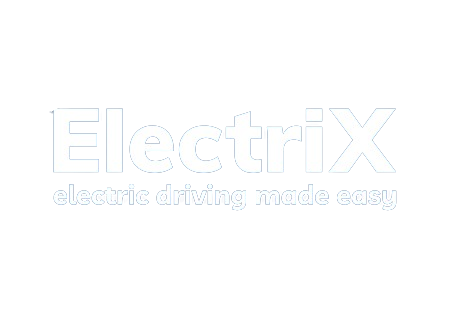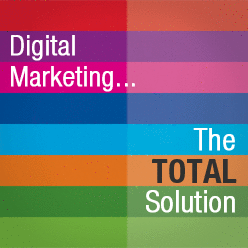Ten Myths Around Electric Vehicles
With COP26 around the corner and the IPCC report scientists’ announcing our planet’s temperature is definitely rising due to human behaviour, Pamela Barbato, the creator of Action Net Zero Bristol and its partners are urging the people to switch to greener, cleaner transport including switching to electric vehicles, to reduce air pollution and cut emissions.
Pamela, who set up Action Net Zero Bristol, to encourage and support the city’s residents and businesses to transition to greener behaviour, said:
“Even with the alarming evidence that the climate emergency is upon us, it can be difficult to make changes in our own lives.
“However we have to move towards net zero and the government wants all new domestic vehicles to be powered by renewable sources of power by 2030. Petrol and diesel vehicles are on their way out. This will involve making different choices around things like transport, power and food.
“Often these changes can actually save us money so our current campaign, ‘Bristol’s Driving Change’ backed by experts: Good Energy, ALD Automotive, Rightcharge, Co Charger, Edwards and supported by TLT, Elmtronics and Business West, are collectively exploding some myths around choosing an electric vehicle.”
Electric vehicles are increasing in popularity with around 260,000 in the UK according to the latest available data. Between 2016 and 2020, there has also been a 220 per cent increase in public charging points as the infrastructure continues to grow.
It’s now far more common to see charging points in public car parks, large supermarket cars parks and motorway service stations and you can now share your neighbours’ charger too (with their permission of course).
Pam wants to explode some of the myths around driving electric vehicles ie. EVs:
- CAN’T DO LONG JOURNEYS – there will not be enough charge for long journeys. The average mileage we all do each day is 20 miles. For longer journeys, you can open your EV app and plan a charging stop en route usually to tie in with a comfort break.
- EVs ARE UNAFFORDABLE – EVs can be more expensive to buy outright if you are used to driving a smaller car however the running costs in tax, servicing, insurance and fuel are MUCH lower. There are many leasing options and the car sector believes leasing will become increasingly common any way.
- ELECTRICITY BILLS WILL ROCKET – on average to charge an EV overnight for a month will cost less than ONE tank of traditional petrol or diesel fuel. Also many renewable electricity providers offer ‘smart energy’ tariffs where you charge up at optimum times of the day and night. These can save up to £500 a year on fuel bills.
- THE BATTERIES ARE DANGEROUS AND COULD CATCH FIRE – the batteries are designed to be safe and are positioned in a place which is less vulnerable if a collision occurs. Also they are far less dangerous than having litres of highly flammable fuel in a fuel tank.
- THE BATTERY WILL DIE AFTER A YEAR OR TWO – simply not true. These batteries have capacity after 100,000s of miles. Even if something should occur warranties are available with some models for up to eight years.
- DRIVING AN EV IS LIKE DRIVING A GOLF BUGGY – not true again. EVs have a lower centre of gravity due to the position of the battery so they actually handle better than many of their petrol or diesel equivalent (why not test drive one to see?)
- WHAT IF I DRIVE THROUGH WATER? – the batteries are sealed and waterproof and there’s no exhaust pipe so you won’t stall.
- I CAN’T HAVE AN EV AS I DRIVE A VAN FOR WORK – electric vans are now available with a range of up to 200km and increasing. Running costs per month are much cheaper.
- GREEN EMISSION ZONES & CONGESTION CHARGING – in some cities these charges, which are significant, are already in place with others coming on stream over the next few years. In some cases EVs will be exempt from these charges, especially in London.
- I HAVE A BUSINESS WITH A FLEET OF VEHICLES SO IT WON’T WORK – the average cost per EV per mile is 1p in running costs for a business compared with 8 to ten pence for a fossil fuel alternative. This will actually support a healthier cash flow.
To find out more visit and find useful information and facts: https://www.actionnetzero.org



















